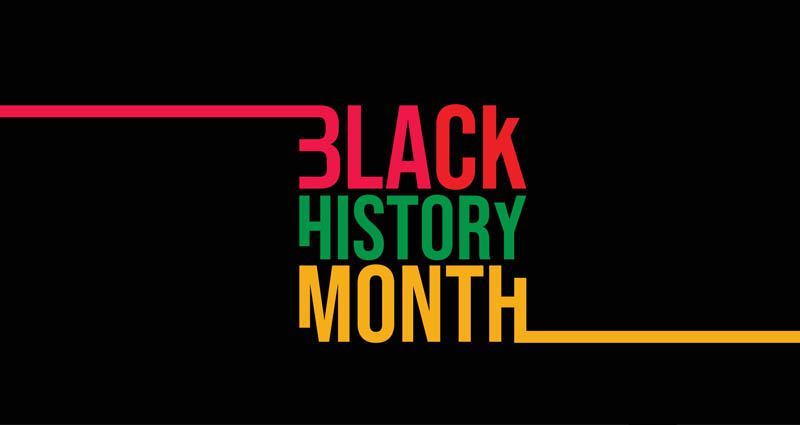MPI-CAC Celebrates Black History Month
Print this Article | Send to Colleague

Each year, the month of February is observed as Black History Month, dedicated to recognizing the accomplishments of Black Americans and their vital contributions to U.S. History.
Designating the month of February in celebration of Black history was originally conceived by historian Carter G. Woodson in 1926 and was selected because it coincided with the birthday of Abraham Lincoln on February 12 and that of Frederick Douglass on February 14 – two very prominent figures in Black history.
Black History Month was then proposed by Black educators and the Black United Students at Kent State University in February 1969. The first official celebration of Black History Month took place at Kent State a year later from January 2 to February 28, 1970.
Six years later, Black History Month was being celebrated across the country in educational institutions, centers of Black culture, and community centers. President Gerald Ford became the first U.S. President to recognize Black History Month in 1976.
Since 1976, every American president has designated February as Black History Month along with a specific theme that is endorsed each year. In 2023, the theme is “Black Resistance,” intended to highlight how Black Americans have fought against racial inequality.
Did you know?
- Nine months before Rosa Parks refused to give up her seat on a bus in Montgomery, Alabama in 1955, 15-year-old Claudette Colvin refused to move to the back of a bus to give up her seat to a white person. When the bus driver ordered her to get up, she refused and said she too had paid her fare and it was her constitutional right. She was then arrested.
- Shirley Chisolm first served as an educational consultant for New York City’s Bureau of Child Welfare and ran for New York State Assembly in 1964. Chisholm was elected in 1968 as the first African American Congresswoman.
- Bayard Rustin is actually the individual who is responsible in founding and organizing the iconic March on Washington in August 1963, the historical event where at Reverend Dr. Martin Luther King, Jr. gave his famous “I Have a Dream” speech. The March brought more than 200,000 peaceful protestors of varying races and religions together. Rustin, who was a gay man and who also had alleged controversial ties to communism, was therefore considered too much of a liability to be on the front lines of the movement, and so participated in the “background.”
- On November 14, 1960, Ruby Bridges was the first African American child to desegregate the all-white William Frantz Elementary School in Louisiana during the New Orleans school desegregation crisis. She was six years old at the time. Despite intimidation and discrimination, Bridges never missed a day of school. Bridges has written several books on her experience and has been honored with the Carter G. Woodson Book Award. Ruby’s books are available for purchase and can be found here.
Here are some opportunities, both in-person or online, MPI-CAC recommends participating in to celebrate Black History Month:
- A Seat at the Table: The Triumphs and Challenges of Black Education
- A House Built by Slaves: African American Visitors to the Lincoln White House
- The Maritime Underground Railroad
- DuSable Black History Museum & Education Center, 740 E. 56th Pl. Chicago, IL 60637
- Black Chicago Museum, Inc., 7424 S. Morgan St, Chicago IL 60621
- Ida B. Wells-Barnett House, 3624 S Martin Luther King Dr, Chicago, Il 60616
- African American Cultural Center, 830 S. Halsted St. #209, Chicago, IL 60607
- Black Ensemble Theater, 4450 N. Clark St, Chicago, IL 60640
Find & Support Black Owned Businesses:
- U.S. Chamber Black Owned Business Directories
- Support Black Owned
- Chicago Minority Supplier Development Council
"If you can't fly then run, if you can't run then walk, if you can't walk then crawl,
but whatever you do you have to keep moving forward." -Dr. Martin Luther King, Jr.
Back to MEETING PROFESSIONALS INTERNATIONAL – CHICAGO AREA CHAPTER
